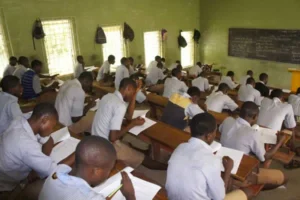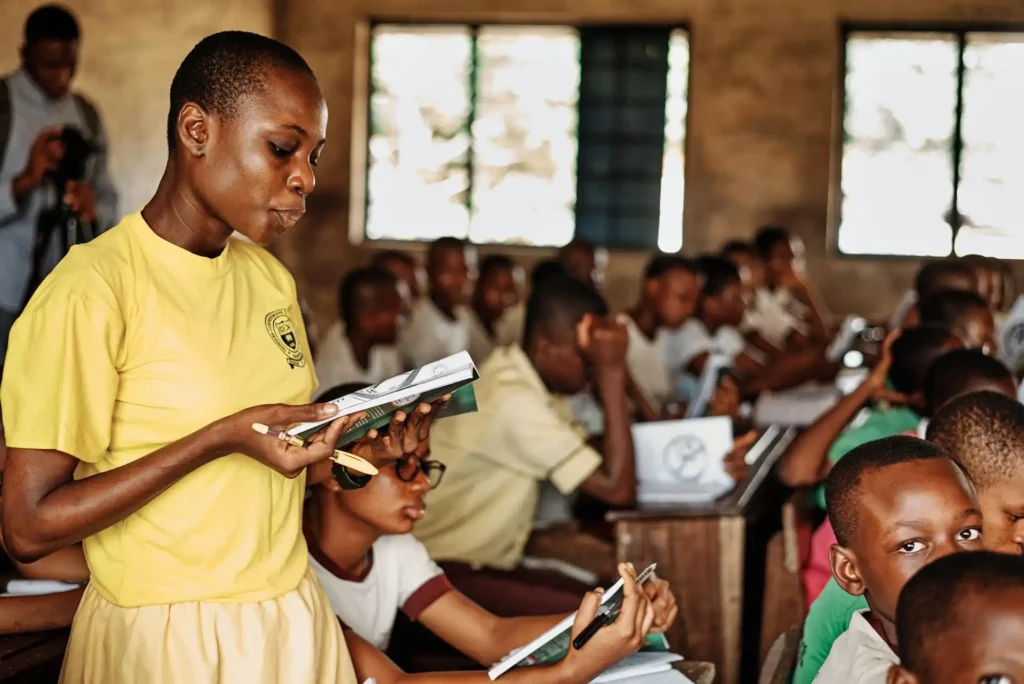In a powerful show of civic engagement, students from universities and secondary schools across Nigeria used the 2023 national debate platforms to call for urgent reforms in the country’s education sector. At the heart of their demands were the eradication of recurring academic strikes, the formation of an independent education reform committee, and long-term policies to improve learning infrastructure and quality.
The debates, held at regional and national levels throughout 2023, became a springboard for young Nigerians to articulate frustrations over systemic failures while also offering practical solutions to revive the education system.

Student Voices as Catalysts for Policy Change
Participants in the debates did not merely highlight the challenges they face; they also laid out well-thought-out reforms. Students argued that the continued instability in Nigeria’s education calendar, caused mainly by strikes from unions such as the Academic Staff Union of Universities (ASUU), has derailed academic careers and stifled youth development.
Debaters urged the government to establish an Education Reform and Accountability Committee composed of seasoned educationists, student representatives, and labor union leaders. This committee, they proposed, would act as an independent advisory body tasked with resolving conflicts, proposing long-term funding frameworks, and modernizing the outdated curriculum.
End to Strikes Tops Demands
One of the dominant themes was the disruption of academic programs due to strikes. Many students recounted personal setbacks, including delayed graduations, repeated semesters, and mental stress from institutional shutdowns.
“I have spent six years on a four-year course because of strikes,” said Blessing Adewole, a finalist from the University of Abuja. “We want a solution that’s not just political. We need a system that works.”
Students proposed legally binding agreements between the Federal Government and academic unions, supported by a conflict resolution mechanism to prevent future strike actions from crippling universities.
Calls for Comprehensive Curriculum and Funding Reforms
Beyond strikes, students also raised concerns about outdated syllabi, inadequate funding, and poorly maintained infrastructure. They demanded a curriculum overhaul that reflects 21st-century skills—such as digital literacy, climate awareness, and entrepreneurship—alongside improved teacher training and better classroom facilities.
“We’re not learning to compete globally,” argued one secondary school participant. “We need a curriculum that makes us creators and problem-solvers, not just exam passers.”
Many debaters also pointed out the mismatch between tertiary education outputs and labor market needs, advocating for stronger partnerships between institutions and industry to ensure graduates are employable.
Nationwide Support and Institutional Endorsements
The debate series received strong backing from organizations such as the National Youth Council of Nigeria (NYCN), Education Rights Campaign (ERC), and several civil society coalitions. Some state ministries of education also endorsed the idea of a student-led policy document to be submitted to the Federal Ministry of Education for consideration.
In a closing remark at the grand finale held in Lagos, one debate judge—a retired professor of education—praised the students’ clarity and vision: “This is no longer a generation that waits. They demand action and accountability. And they’re right.”
Way Forward: Will Government Act?
Following the debates, a delegation of student leaders submitted a memorandum of resolutions to the National Assembly, including:
-
Creation of an Education Reform and Accountability Committee
-
Immediate implementation of anti-strike protocols through policy or legislation
-
Increased education budget to at least 20% of national expenditure
-
Curriculum modernization with youth input
-
National student inclusion in education policy discussions
While the government has yet to issue a formal response, education advocates hope that the passionate display from Nigeria’s youth will trigger meaningful reforms. With the nation still grappling with high out-of-school rates and learning poverty, students are signaling that the future of education cannot be decided without their voices at the table.







